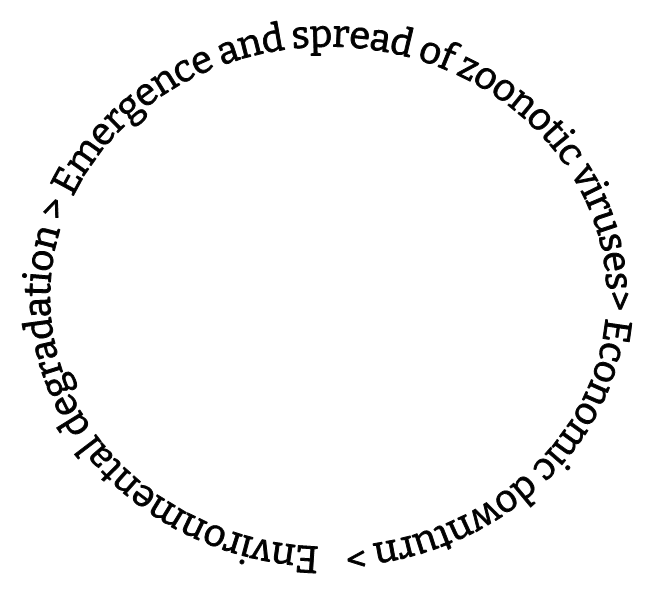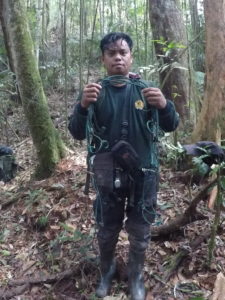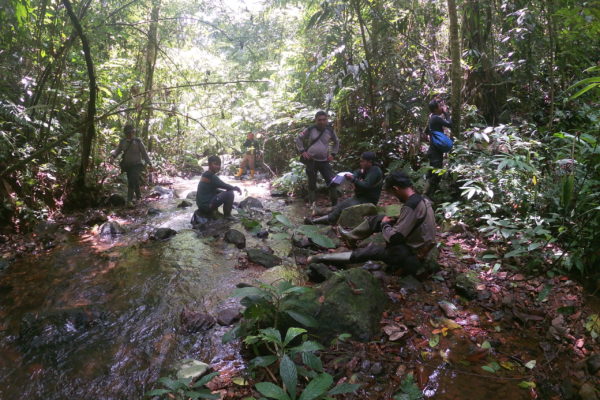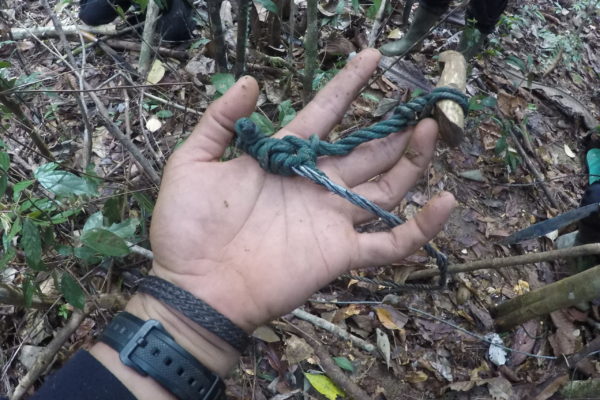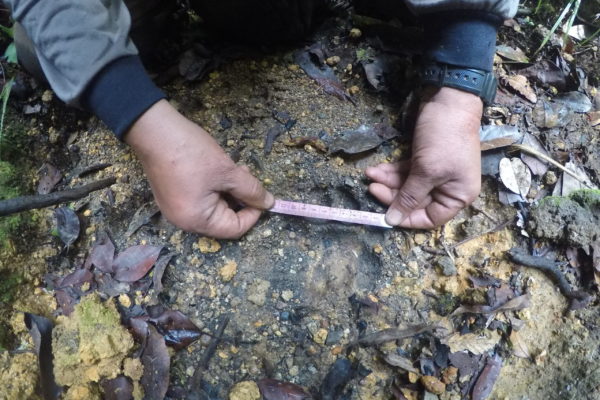The COVID-19 pandemic has brought undeniable, substantial socio-economic turmoil around the world. But what impact has it had on environmental systems and their conservation?
Much has been written about the link between the destruction of nature and disease outbreaks. In this blog, we consider this interrelationship as an ouroboros and discuss the impacts COVID-19 has had on the destruction and conservation of nature.
There was a clear narrative presented in the media that COVID lockdowns allowed nature a temporary reprieve. We saw numerous reports of reduced human pressures on ecosystems leading to cleaner air and water and increased species richness in less harassed habitats. However, recent studies have suggested that these reports may have been exaggerated and there are more negative than positive environmental impacts of COVID-19.
For example, while the collapse of the tourism industry can be seen as a blessing for wildlife, it has also brought a significant reduction in income and employment. This acceleration of poverty for communities neighboring wildlife habitats has increased pressure on environmental resources. There have been reports of rising cases of poaching for consumption and trafficking, as a proportion of the population is forced to depend on forest resources for their livelihoods.
Furthermore, as governments become more concerned with rebooting economic development and creating jobs, we may see a weakening of environmental regulations. Rumours of deregulations are already emerging from Indonesia, home of the critically endangered Sumatran tiger.
A Case Study – WildCats funded FFI project in Kerinci Seblat National Park, Sumatra, Indonesia.
During the first half of 2021, the project team has experienced considerable operational issues due to the emergence of the Delta variant in Sumatra. Below we discuss the difficulties faced by the team during this period.
1. SMART forest patrols by Tiger Protection & Conservation Units
No anti-poaching patrols were conducted in June 2021 as a consequence of tight local lockdowns. Park-edge district hospitals were operating at capacity and the team couldn’t risk an outbreak of COVID in rangers and their families. SMART patrols were recommenced in July but with reduced ranger numbers due to personnel infected with COVID-19. Of the four patrols launched, two had to evacuate team members due to the virus.
2. Wildlife crime investigations and Community information networks
Investigations were severely constrained by Covid-19 due to concerns for staff safety during face-to-face meetings with individuals of interest.
3. Stakeholder liaison and networking
Rangers faced difficulties in maintaining relationships and networking during lockdown restrictions. While networking could be conducted using electronic media, more remote forest-edge information sources have poor or no mobile phone coverage.
Messages of hope from Sumatra
There were fears that the economic impacts of COVID-19 would trigger an increase in poaching of key tiger prey species. Thankfully they have not seen any evidence of this. Instead, the team has reported ongoing declines in snare-poaching during this interim reporting period. This may be a consequence of forest-edge communities seeking to bar ‘outsiders’ for fear of contracting COVID-19. However, it could be due to evolving poaching tactics and the widespread availability of high-powered modified airguns. Illegal wildlife trade networks still appear to be fragmented and the poaching threat to tigers remains below the long-term average. Additionally, the supply of illegal tiger parts through international trade routes is still severely disrupted by the pandemic. Read the full report!
It is clear a holistic view of the pandemics impacts on the natural world must be taken. While we may be seeing short term benefits the COVID-19 crisis could have long-lasting, negative effects.
”Our world is changing, and the conservation community must be ready to respond!
(Corlett et al., 2020)
How you can help
Despite the overwhelming consequences of the pandemic, FFI are still driving positive change in tiger habitats in Sumatra.

